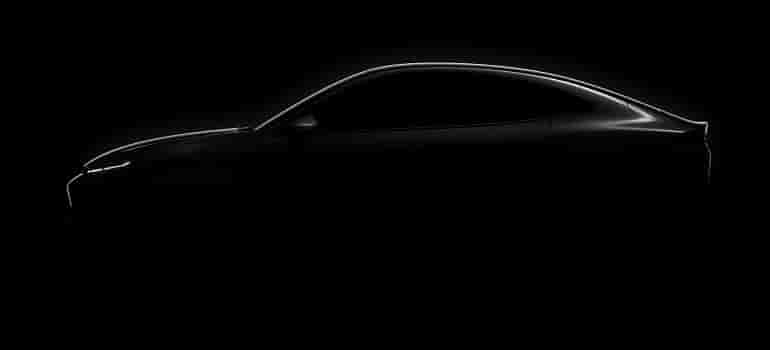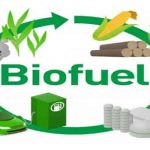
China’s CATL , a Tesla supplier, said on Wednesday it is working on a new technology that will allow battery cells to be integrated with an electric car’s chassis, shedding traditional casings that make battery systems bulky.
Integrating cells directly into an electric vehicle’s (EV) frame will allow more cells to be loaded into a car and extend its range – a key concern for customers.
With the new technology, EVs could have a driving range of over 800 kms (500 miles), CATL Chairman Zeng Yuqun said at an industry conference in Wuhan on Wednesday. The Ningde-based company aims to launch the technology before 2030.
Zeng did not say whether CATL was already working with any automaker to implement this new design.
China’s Contemporary Amperex Technology Co Ltd (CATL) supplies lithium iron phosphate (LFP) batteries to Tesla Inc and recently signed a partnership with Japan’s Honda Motor. It also supplies Volkswagen AG and Daimler AG .
- ISMA AGM Reaffirms Biofuel-Led Growth Path for India’s Sugar and Bio-Energy Sector
- India’s Biodiesel Industry Faces Collapse as BDAI Moves Supreme Court Against Broken Assurances

- Netel India and ORS Join Forces to Tackle Urban Waste Through Waste-to-Energy Projects

A technology such as this will allow EV battery makers to participate in vehicle design from an earlier stage. Automakers currently tend to source battery modules from battery makers and equip them to fit a car’s mechanical design.
Zeng, who expects Europe’s EV market to surpass China’s this year because China cut subsidies, said CATL is exploring new businesses including the recycling of batteries and energy storage.
On Tuesday, CATL said in a filing that it plans to invest around 19 billion yuan ($2.73 billion) to secure key resources and accelerate global expansion. It did not disclose details of the investments.
Source: Reuters

